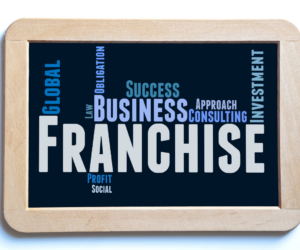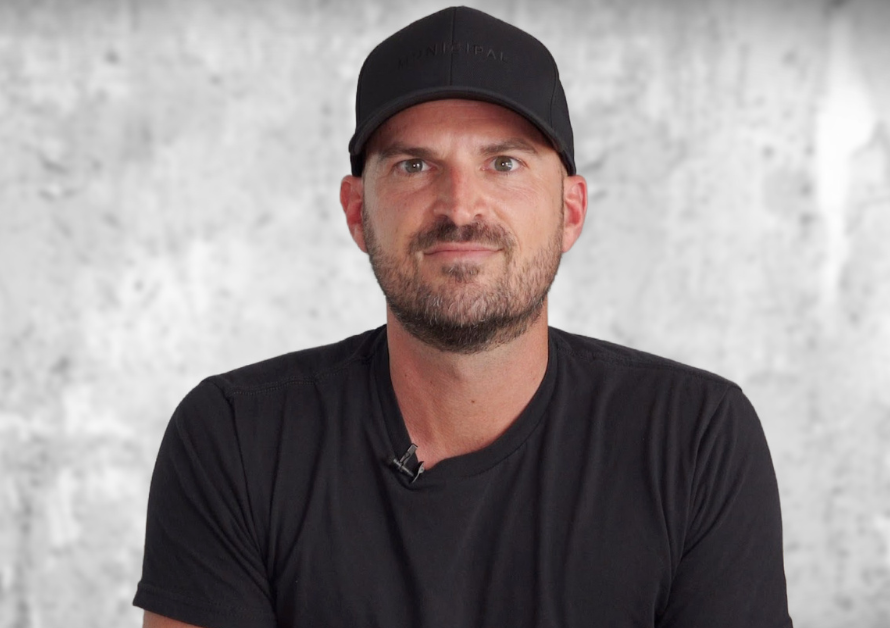Starting and scaling a business to the seven-figure level isn’t just about having a stellar product, an irresistible offer, or even a loyal audience. It’s about establishing a rock-solid foundation—one built on agreements that set the terms for your success. Agreements provide the structure and legal safeguards you need to protect your business, your ideas, and your profits. Without them, even the most promising ventures risk collapsing under confusion, miscommunication, or disputes.
We’ve identified six out of seven essential agreements that every entrepreneur needs. But here’s the fun part: we need your help figuring out the seventh! Let’s dive into these agreements to understand why they’re vital, and then brainstorm what’s missing. Ready?
1. License Agreement
A license agreement grants someone else the right to use your intellectual property (IP) while retaining ownership. If you’ve created a patented product, software, or trademarked brand, licensing it can open up new revenue streams without diluting your ownership.
For instance, if you’ve developed a unique software tool, licensing it to other companies allows them to use it while you collect licensing fees. This is especially powerful for entrepreneurs who want to scale without manufacturing or distribution overhead.
Pro Tip: Ensure your license agreement clearly outlines usage rights, royalty payments, and duration. Ambiguity can lead to major headaches down the road.
2. Franchise Agreement
 Ever dreamed of scaling your business by letting others replicate your success? That’s where a franchise agreement comes in. This agreement allows you, the franchisor, to grant franchisees the rights to operate under your brand name and use your business model in exchange for fees or royalties.
Ever dreamed of scaling your business by letting others replicate your success? That’s where a franchise agreement comes in. This agreement allows you, the franchisor, to grant franchisees the rights to operate under your brand name and use your business model in exchange for fees or royalties.
Think about giants like McDonald’s or Subway. Their franchise agreements are the backbone of their global empire. Whether you’re selling gourmet donuts or running a fitness studio, franchising can be a pathway to exponential growth.
Key Element: Your agreement should include branding standards, operational procedures, and marketing requirements to ensure consistency across all franchises.
3. Application Agreement
An application agreement takes the principles of franchising or licensing a step further by formalizing the terms under which someone applies to join your business model. This is particularly useful for programs with selective participation, such as coaching businesses or affiliate networks.
For example, if you run a high-ticket coaching program, an application agreement ensures both parties are on the same page about commitments, costs, and expectations before jumping into the partnership.
Why It’s Crucial: It sets the tone for professionalism and mutual accountability, eliminating ambiguity about what’s being offered and what’s expected.
4. Business-in-a-Box Agreement
This one is a game-changer for entrepreneurs who want to empower others to replicate their business success without building from scratch. A “business-in-a-box” agreement provides clients or partners with everything they need to start a business using your system—branding, materials, processes, and training.
Imagine creating a complete package for a dropshipping business, where buyers get access to suppliers, marketing templates, and step-by-step guides. The agreement ensures both parties know the scope of the services and tools provided.
Pro Tip: Include details on support, training, and ongoing obligations (if any) to avoid disputes later.
5. PLR (Private Label Rights) Agreement
A PLR agreement lets others rebrand and sell your products as their own. It’s a win-win: you make money from selling rights to your products, and buyers save time by avoiding the need to create their own from scratch.
 For example, if you’re an expert in digital marketing, you could sell PLR rights to your eBooks or training courses, allowing other entrepreneurs to tweak the content and market it as their own.
For example, if you’re an expert in digital marketing, you could sell PLR rights to your eBooks or training courses, allowing other entrepreneurs to tweak the content and market it as their own.
Why It’s Powerful: It’s a great way to scale passive income while empowering others to leverage your expertise.
6. High-Ticket Program Agreement
If you’re offering premium services—think high-ticket coaching, consulting, or mastermind programs—a well-crafted agreement is non-negotiable. These agreements outline the scope of services, payment terms, cancellation policies, and confidentiality clauses.
When you’re charging thousands (or tens of thousands) for a program, clarity and professionalism are essential. This protects your revenue and ensures clients fully understand their responsibilities and what they’re getting.
Pro Tip: Clearly define refund policies, as high-ticket services often attract stricter scrutiny.
The Mysterious Seventh Agreement…
Now, here’s where we’re stuck. What’s the seventh key agreement every entrepreneur needs to hit that seven-figure milestone? Here are a few contenders:
- Partnership Agreement: Essential for those collaborating with co-founders or joint ventures. It defines roles, responsibilities, and profit-sharing.
- Service Agreement: If you’re a service-based entrepreneur, this agreement ensures you and your clients are aligned on deliverables, timelines, and payment.
- Employee/Contractor Agreement: As you scale, bringing on a team is inevitable. Clear agreements set expectations and protect both you and your hires.
We’d love to hear your thoughts! What’s the missing piece in this seven-figure puzzle? Drop your suggestions in the comments or share your insights—we’re all about learning from each other.
Final Thoughts
Success in business isn’t just about hustle and vision; it’s about protecting your ideas, income, and relationships with the right agreements. Whether you’re licensing your IP, creating a franchise empire, or launching a high-ticket program, having clear, comprehensive agreements is the foundation of a thriving seven-figure business.
What’s your experience with these agreements? Have you had a legal win (or horror story) you’d like to share? Let us know—we’d love to hear from you!






